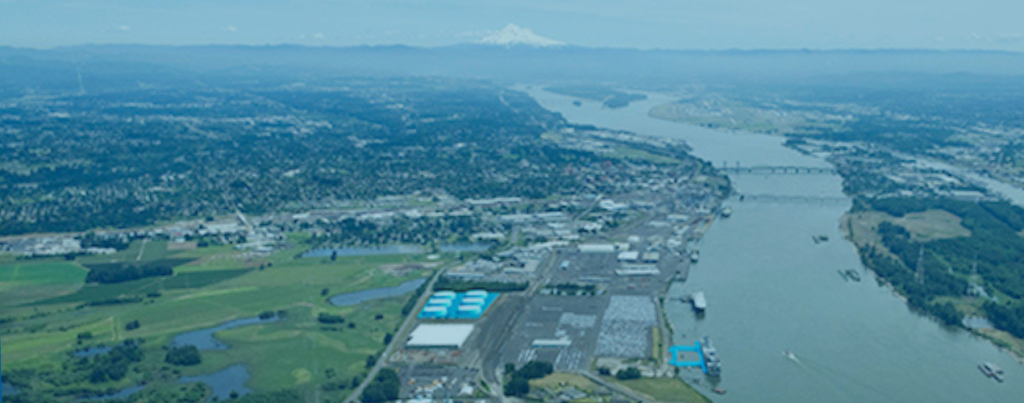By: Juan Monje, Community Organizer
Standing with the Community
For years, residents of Vancouver have fought back against dangerous fossil fuel projects along the Columbia. With the proposed expansion of Tristar’s oil train and transloading operations, those same concerns are rising again: more oil trains running through neighborhoods, more air pollution, more risks to our climate and river.
That’s where Columbia Riverkeeper steps in. Together with our partners at Advocates for a Cleaner Environment (ACE), we mobilized community members, translated the technical details of permitting into clear language, and made sure people understood what’s at stake.
Headed Off at the Start
When Tristar quietly filed paperwork to expand, Columbia Riverkeeper and ACE raised the alarm. We explained the facility’s history, the risks of transporting more petroleum by rail and river, and how the permitting process works. We turned out residents to public hearings, connected neighbors with resources, and supported local voices in speaking up.
The results were clear: decision-makers heard from a strong, informed community. The company was forced to scale back its plans, and regulators now know the public is paying attention. Instead of letting fossil fuel expansion slip through unnoticed, our coalition made sure the public interest came first.
Why It Matters
This fight is bigger than one facility. Each time we stop fossil fuel expansion, we protect our climate, health, and river. And in Vancouver, the stakes are especially high: if Tristar’s air permit is approved, it would directly undermine the city’s hard-won climate change goals and policies. Local leaders and advocates fought for years to pass strong measures to cut pollution and reduce fossil fuel dependence. Allowing Tristar to expand would weaken those commitments, undercutting the community’s vision for a healthier, more sustainable future.
The Tristar campaign shows how community power works: when people have the tools and support to understand complex processes, they can stand up for their right to clean air, safe neighborhoods, and a healthy Columbia.
At Columbia Riverkeeper, we’re committed to working alongside grassroots groups like ACE to make sure polluters can’t expand without a fight and without the community’s voice being heard.
Together, we’re protecting what we love.
- Washington State Climate Change Goals: Under the Climate Commitment Act and related policies, the state is targeting a 95% reduction in climate pollution by 2050, alongside near-term milestones.
- Vancouver Comprehensive Plan (“Our Vancouver”): This plan is the guiding 20-year growth and development roadmap for Vancouver, active through 2045, to decrease emissions.
- Washington State Environmental Policy Act (SEPA): The foundational state law requiring environmental review of proposed projects (like facility expansions), including evaluation of impacts, public comment, and mitigation steps.
Vancouver city planning staff confirmed that Tristar abandoned its expansion plans after the project was deemed subject to the City’s Fossil Fuel Ordinance. Instead, the company will only repair existing equipment, with no added capacity. This official letter highlights how local regulations and community engagement can stop new fossil fuel infrastructure in its tracks.

